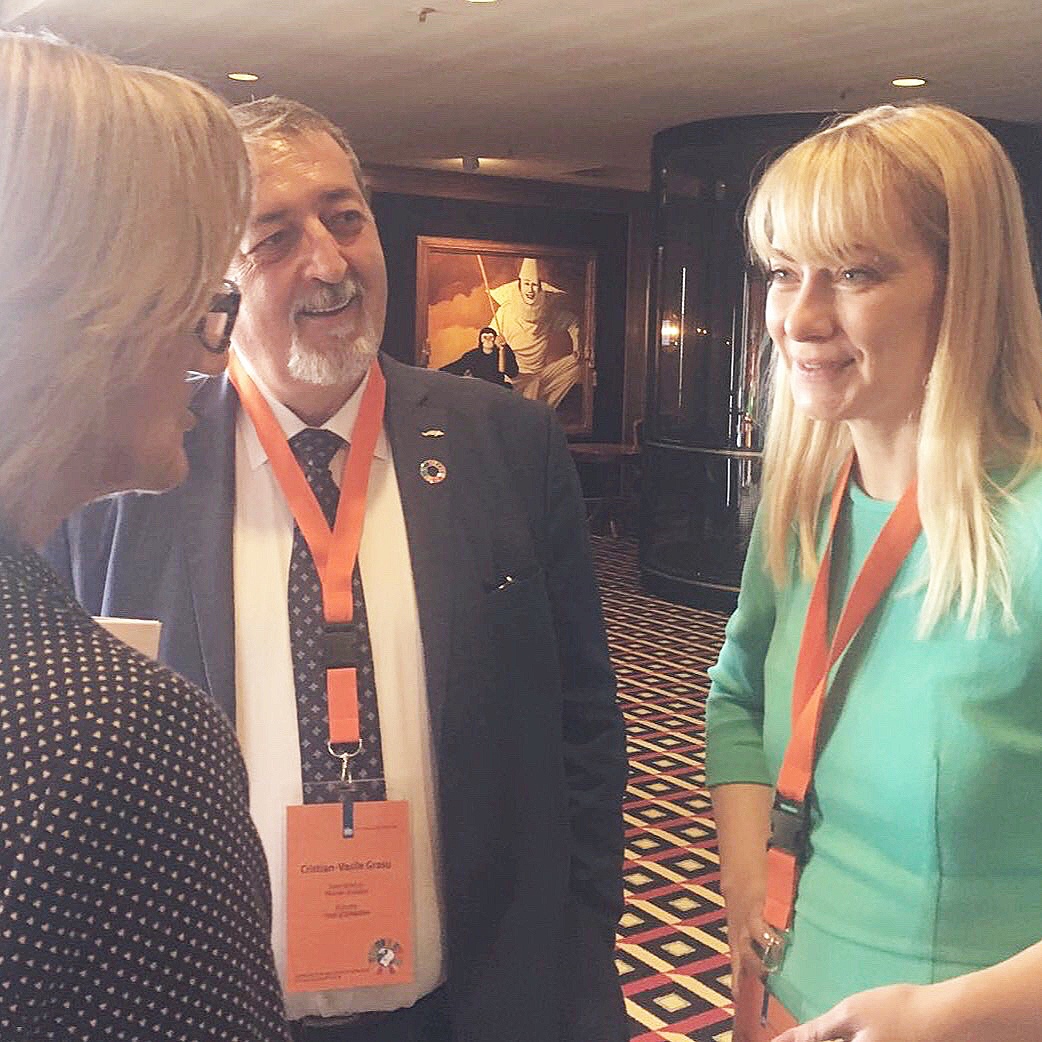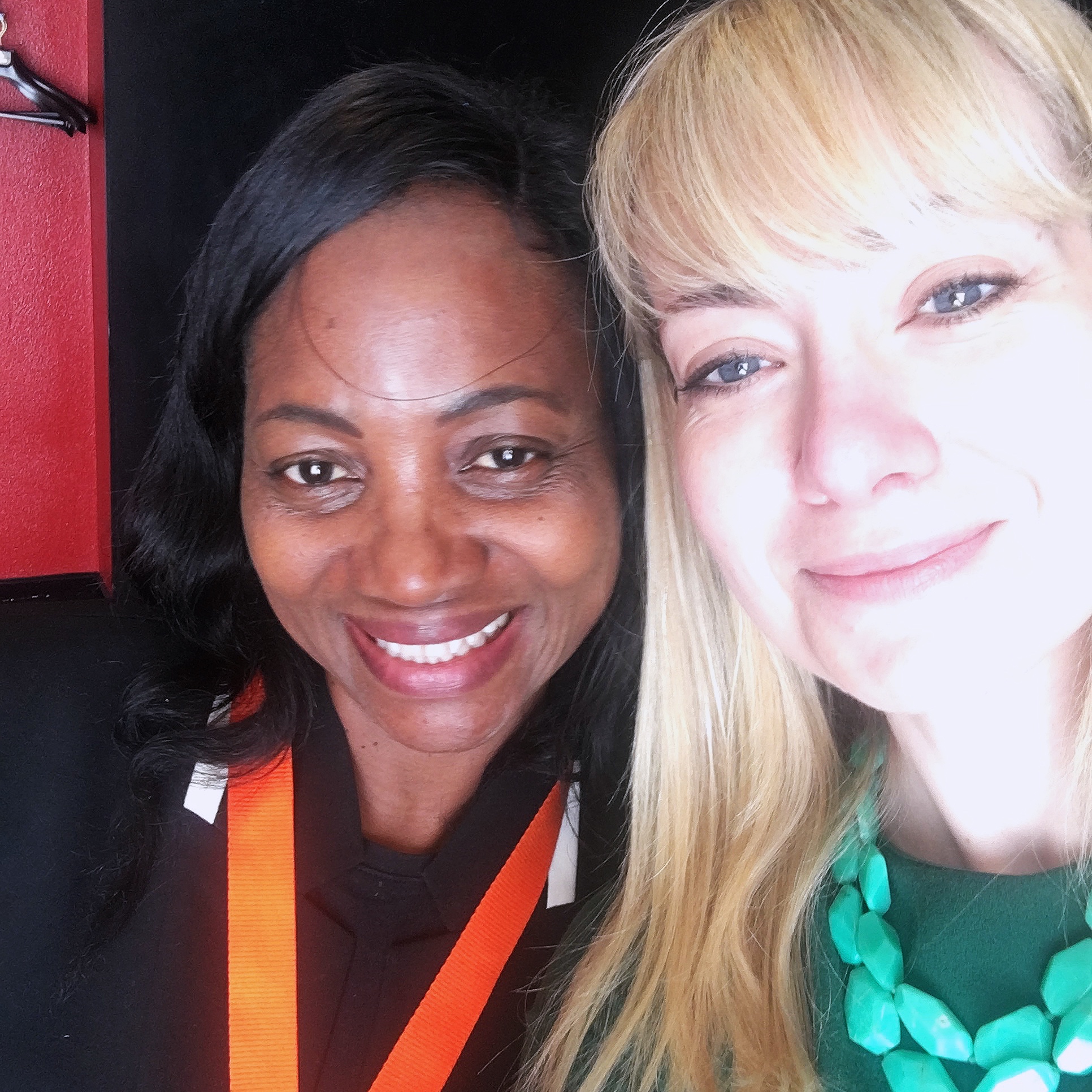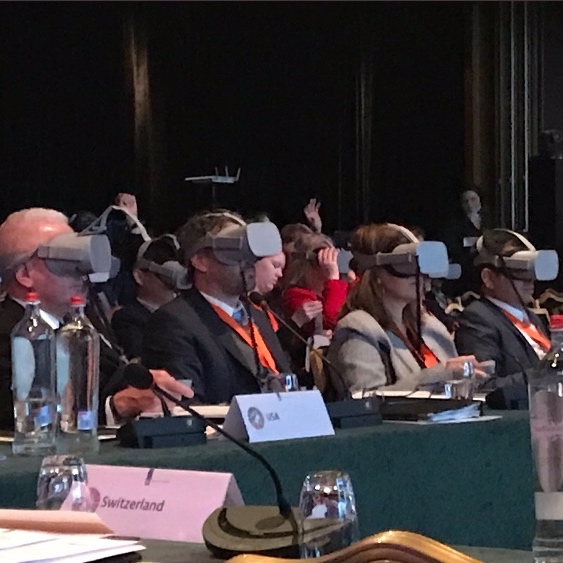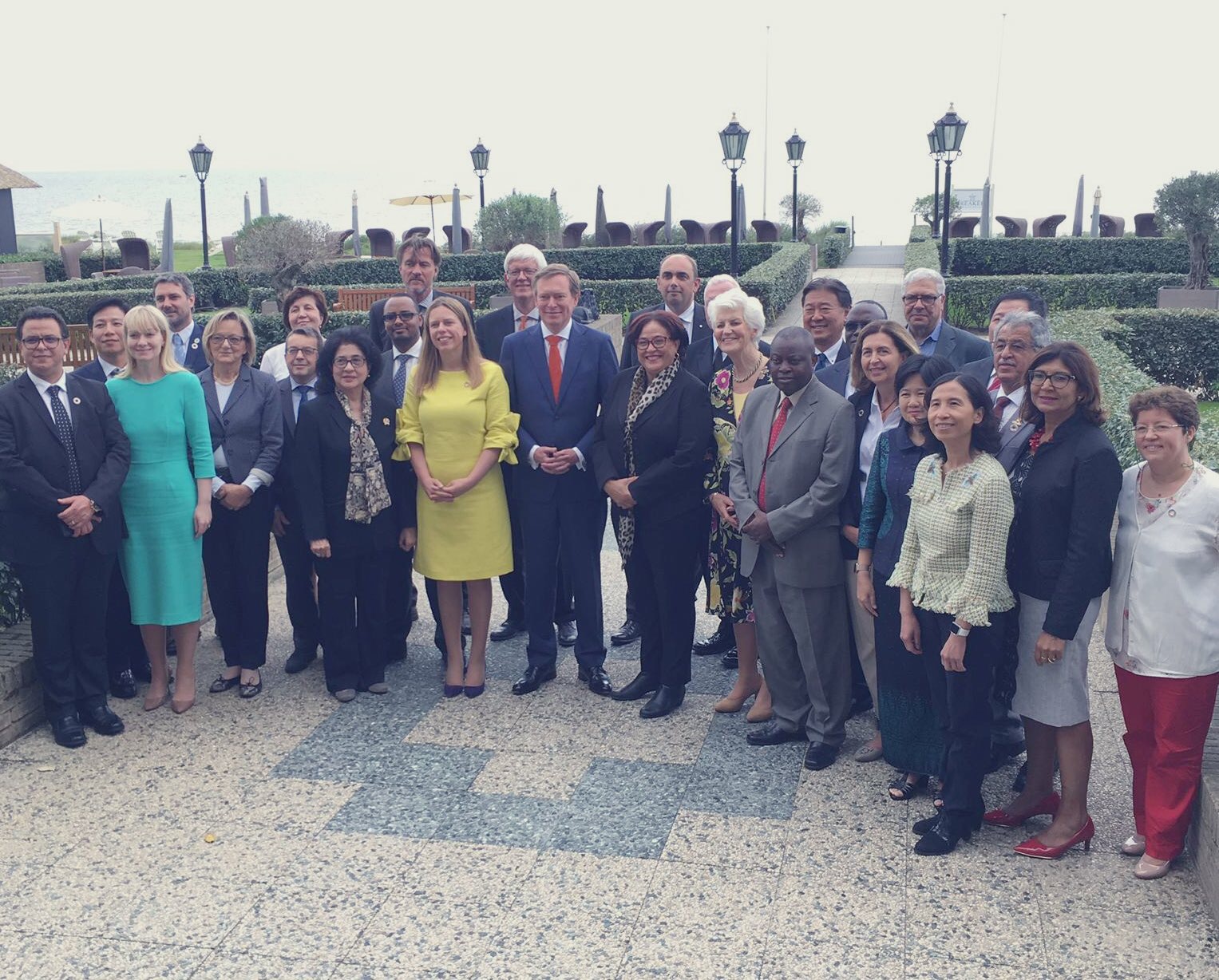2nd Ministerial Conference on AMR
This week I attended the 2nd Ministerial AMR Conference in Noordwijk, the Netherlands.
HRH Princess Margriet opened the conference by telling the 245 participants from 40 countries a powerful story about her family’s personal experience of AMR and reminding us that AMR is not a distant threat but a serious health risk facing patients today.
In fact, there are 670,000 human infections and 33,000 deaths a year in the EU due to AMR - and 700,000 deaths globally. If left unchecked this is projected to reach 10 million by 2050 and cause an economic shock as severe as the 2008 financial crisis. Already AMR is costing €1.5bn in healthcare and productivity losses in the EU alone.
The good news is that thanks to concerted action taken as part of our National Action Plan on AMR 2013 the UK has cut the amount of antibiotics it uses by more than 7%, since 2014, and sales of antibiotics for use in food-producing animals by 40%. Nevertheless the number of drug-resistant bloodstream infections have increased by 35% from 2013 to 2017. There is still much more to do.
That is why the government has published a 20-year vision and 5-year national action plan on tackling AMR by 2040.
The plans include specific targets, such as:
cutting the number of drug-resistant infections by 10% (5,000 infections) by 2025
reducing the use of antibiotics in humans by 15%
preventing at least 15,000 patients from contracting infections as a result of their healthcare each year by 2024
A major focus of the plan is to make sure current antibiotics stay effective by reducing the number of resistant infections and supporting clinicians to prescribe appropriately.
New technology will also be used to gather real-time patient data, helping clinicians make good decisions about antibiotic use.
The plan uses a One Health approach and covers animals and the environment as well as human health and commits to further reducing antibiotic use in animals by 25% between 2016 and 2020.
But no nation can tackle AMR alone, that is why having the chance to share information and exchange ideas at the Noordwijk Conference was so important. Participants came from countries facing many different challenges but with a shared ambition to find new and innovative ways to respond to AMR. To help us do that, our hosts arranged for VR experiences of a number of complex AMR challenges - a poultry farm in Kenya, an intensive care unit in Indonesia, isolation care in the Netherlands - so participants could debate best practice and build up their knowledge.



